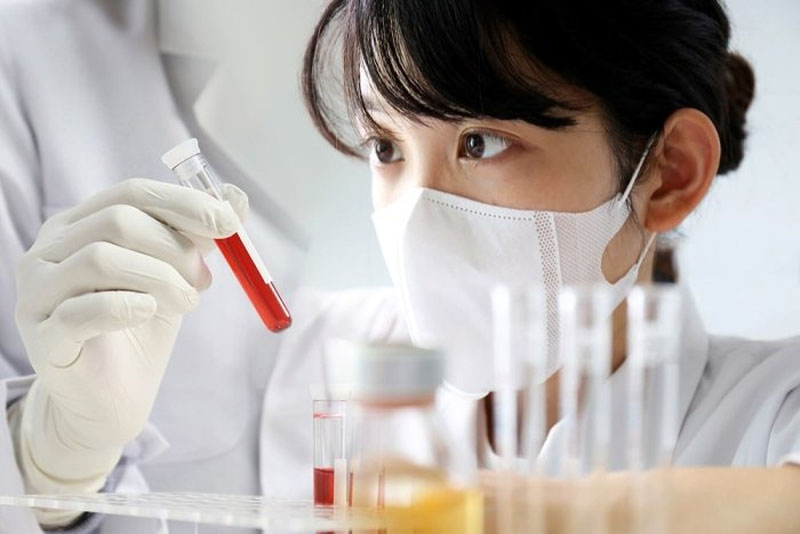A group of scientists led by Professor Hiromi Sakai from Nara Medical University in Japan has developed a new type of artificial blood that can be transfused into patients of any group, as reported by “Tokyo Weekender” here.
It is reported that the artificial blood is produced by extracting hemoglobin, an iron-containing, oxygen-carrying protein, from blood whose donation period has expired. Then, it is encapsulated within a protective layer to create stable, virus-free artificial erythrocytes (red blood cells). These synthetic cells do not belong to any blood group, eliminating the need for compatibility testing.
Notably, this artificial blood can be stored at room temperature for up to 2 years, and in the refrigerator for up to 5 years. This is a significantly better indicator compared to donor blood, which can only be preserved in the refrigerator for a maximum of 42 days.
Small-scale tests of the artificial blood began in 2022. Up to 100 milliliters of artificial blood was infused intravenously into 3 groups of healthy males aged between 20 and 50 years. Some participants experienced mild adverse effects, but there were no significant changes in vital signs, including blood pressure. Relying on this success, Sakai's team announced an acceleration in their research in July last year. In March, volunteers began to receive doses of artificial blood ranging from 100 to 400 milliliters.
If no negative effects are identified, the next phase will study the efficacy and safety of this treatment method. Introduction of artificial erythrocytes into practice is planned by 2030. Meanwhile, Professor Teruyuki Komatsu from the Faculty of Physics and Engineering at Chuo University in downtown Tokyo is also working on artificial oxygen carriers based on albumin and hemoglobin designed to stabilize blood pressure, and treat bleeding and strokes. Trials on animals have shown positive results, and now scientists are ready to begin trials on humans.
For reference, blood transfusion, a vital part of health care, has the potential to save many lives daily around the world. However, maintaining an adequate blood supply in low- and middle-income countries is not an easy task. There is typically high demand for the O-negative blood group (universal donor type), and yet the shelf life of donor blood is limited. Therefore, the complete implementation of artificial blood could solve many problems.






